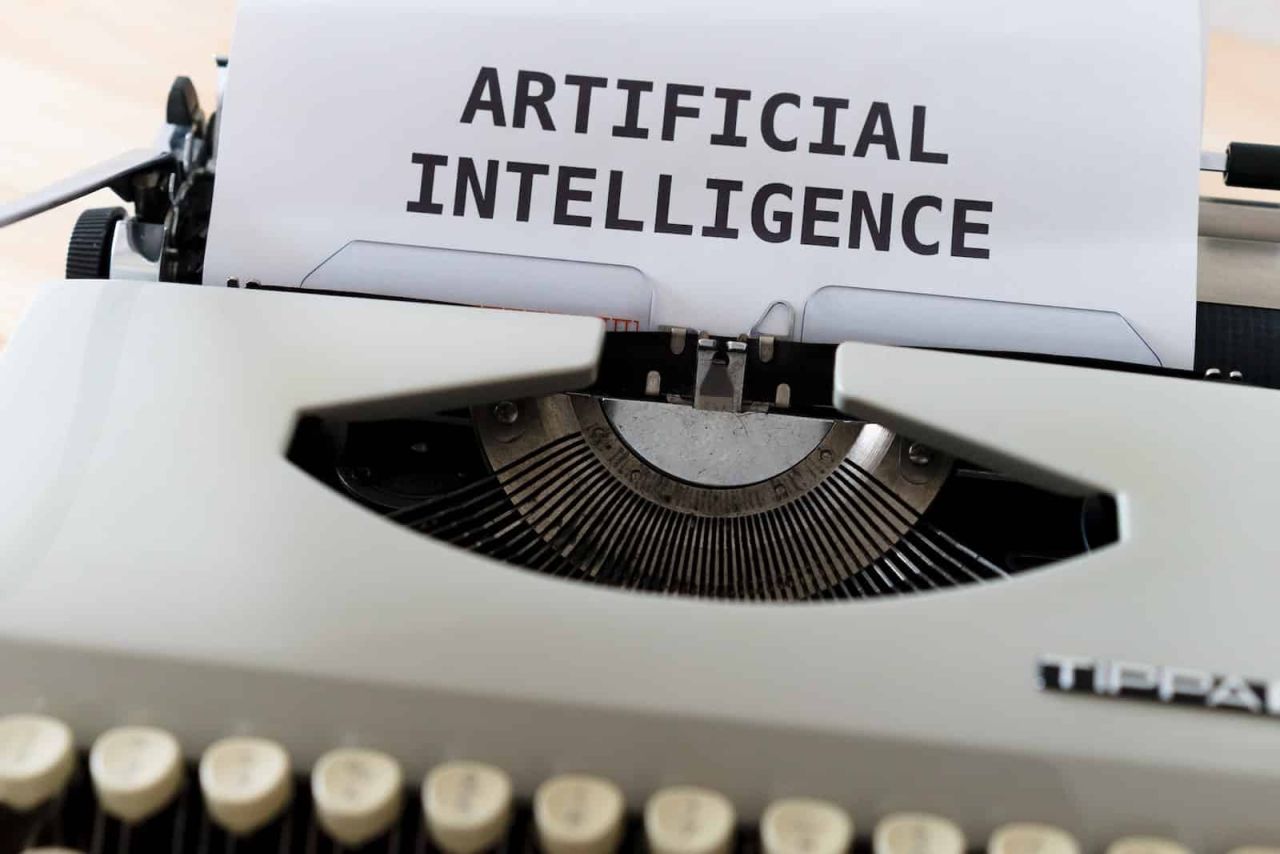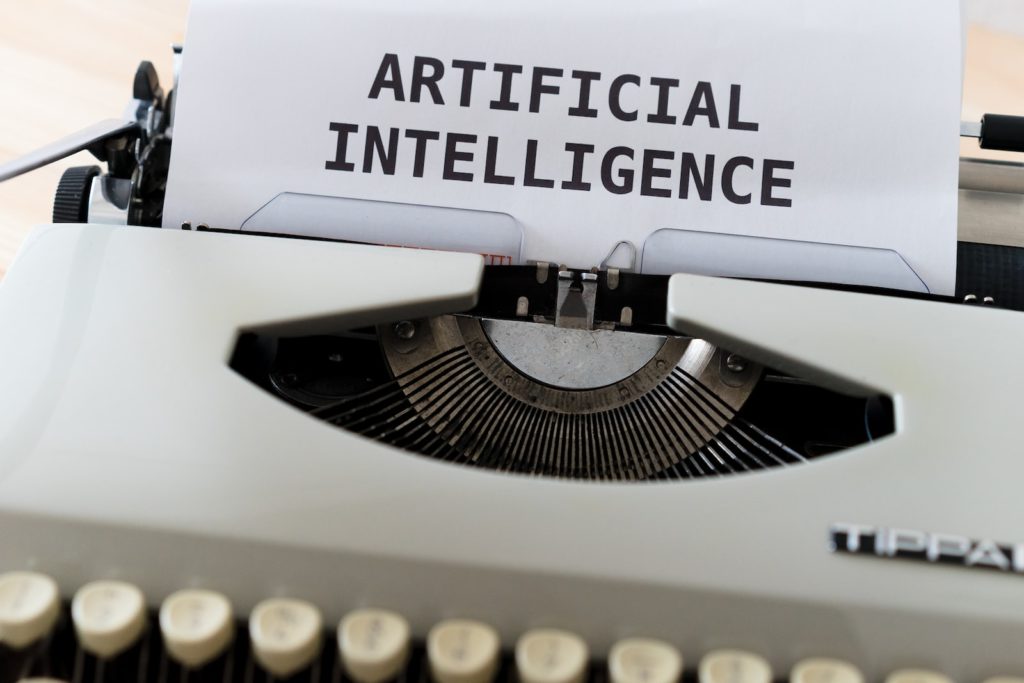AI used for chatbots?

Chatbots have rapidly gained popularity as businesses seek efficient ways to enhance customer service and streamline interactions. Powered by Artificial Intelligence (AI), chatbots are now capable of handling up to 80% of standard customer inquiries, significantly reducing wait times and improving user satisfaction (IBM). Leveraging natural language processing (NLP) and machine learning, these AI-driven chatbots offer personalized, efficient, and engaging experiences, transforming customer interactions across industries.
In this blog post, we’ll explore how AI-powered chatbots are revolutionizing the customer service industry and why they should be a part of your business strategy moving forward. We’ll also discuss some of the potential challenges associated with using AI-based chatbot technology. By understanding both the advantages and drawbacks of this technology, you can make an informed decision about whether it’s right for your business or not.
What is a chatbot?
Chatbots are computer programs designed to simulate conversation with users, typically through written or spoken dialogue. Chatbots use natural language processing (NLP), artificial intelligence (AI), and machine learning (ML) technologies to analyze user input and respond accordingly. This means that they can understand user intent, identify keywords, and provide relevant answers to questions more quickly and accurately than humans can.
How are AI-powered chatbots revolutionizing the customer service industry?
AI-powered chatbots are helping businesses to provide better customer service by automating many of the routine tasks associated with customer support, such as handling inquiries or directing customers to the correct resources. AI-based chatbot technology is also able to respond more quickly and accurately than humans, which is leading to a more efficient customer experience. Additionally, AI-powered chatbots are reducing costs associated with customer service as they require fewer human resources.
What challenges come with using AI-based technology?
AI-powered chatbot technology can present some challenges when used in customer service. For example, AI systems may not be able to handle conversations that require a high degree of emotional intelligence. These types of conversations require an understanding of the nuances of human communication and context that AI systems may not yet be able to recognize or respond to. Additionally, AI-based chatbots are limited by the data they have access to, so they may not be able to respond accurately to inquiries if the data is incomplete or incorrect.

Who is using this chatbot technology?
Chatbots have been used in customer service for many years, but only recently have businesses started to use them more effectively. This is due to advances in artificial intelligence (AI) and machine learning (ML) technologies, which have enabled chatbots to provide a more natural conversation experience and understand user intent more accurately. Additionally, businesses are now able to integrate their existing customer service systems with AI-based chatbot technology, allowing them to provide a more streamlined customer experience. Companies such as Amazon, Microsoft, and Apple are currently leveraging this technology for their customer service operations.
Companies like Trip Advisor, PG tips, or Disney use chatbots as a brand and marketing play.
Companies like Google, Mattel, and Victoria Secret use chatbots to innovate in their field.
Companies like Burberry, Staples, and Macy’s use chatbots as a customer service tool.
Top Chatbot use cases
Personal assistant
A smart assistant chatbot can manage a wide variety of tasks for its users, such as booking meetings, creating to-do lists, sending reminders, and more. Additionally, these chatbots use natural language processing (NLP) technology to understand user input and respond accordingly.
Complex sales rep
Helping customers find the best product for their needs. Answering customer questions quickly and accurately . Reducing time spent on data entry and order processing. Improving customer satisfaction through faster response times. Automating complex sales processes like lead scoring, segmentation, and qualification. Providing real-time analytics to identify opportunities for improvement in customer service delivery. Providing insights into customer preferences, trends, and behaviors that can inform future marketing campaigns . Generating personalized recommendations based on previous buying behavior . Recommending additional products or services to complete a purchase journey as customers progress through the funnel Analyzing customer feedback to improve products/services
Branding
A branding chatbot brings a brand or a persona to life, engaging the audience in natural conversation. It can be used to create more meaningful and interactive customer experiences, as well as strengthen relationships with customers. By connecting with customers on an emotional level, these chatbots allow brands to build loyalty and trust with their target audience.

Lead qualifying
A lead qualifying chatbot can drive potential customers down the appropriate path by learning their individual requirements and providing them with relevant product/service information. This type of chatbot uses sophisticated artificial intelligence (AI) and natural language processing (NLP) technologies to understand user input and provide an accurate response. For example, the chatbot may ask questions
Internal knowledge base
An internal knowledge base chatbot can be used to answer the most common questions employees have about their workplace. By using AI and natural language processing (NLP), this type of chatbot can provide quick and accurate responses for inquiries about employee benefits, payroll, vacation policies, and other HR-related topics. This chatbot also allows employees to access information without having to contact HR staff. Surveys and feedback-A survey or feedback chatbot collects customer data for companies, gathering insights about their products and services. This type of chatbot can be used to measure customer sentiment, identify areas for improvement, and optimize customer experience.
Candidate vetting
A candidate vetting chatbot is an invaluable tool for businesses looking to streamline the hiring process. It can quickly and accurately assess a job applicant’s qualifications and skills, while also providing a comprehensive overview of their potential fit within the company.
Chatbots are proving to be a powerful tool for businesses across industries. From lead generation and customer service to personal assistants, internal knowledge bases, surveys, feedback and candidate vetting – the potential applications of this technology are limitless. With AI-powered chatbot solutions becoming more sophisticated every day, it’s no wonder that so many companies are investing in them as part of their digital transformation strategies. Whether you’re looking to improve your branding efforts or streamline your sales process, there’s a chatbot solution out there that can help you reach your goals faster and easier than ever before!